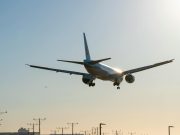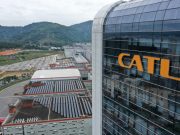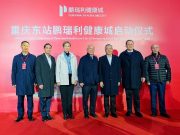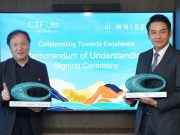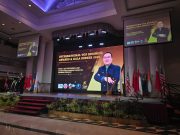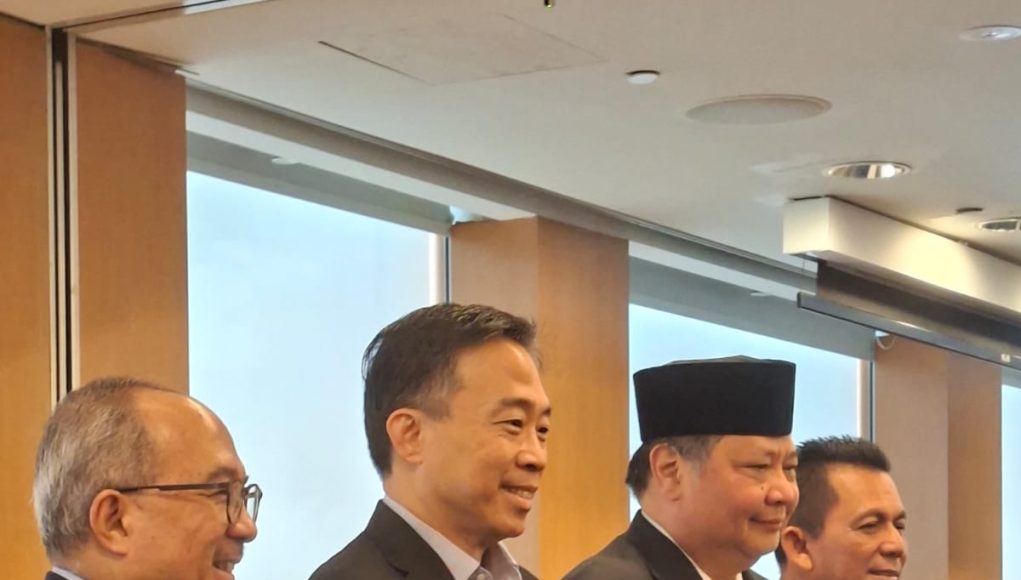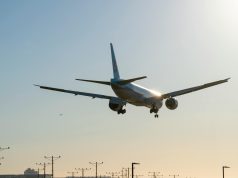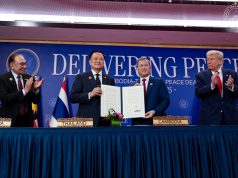(SINGAPORE, 18.11. 2025) With substantial investments, continuous multi-sector developments, and implementation of new policy frameworks, the Batam-Bintan-Karimun (BBK) Free Trade Zone is set to become one of Asean’s most dynamic economic regions, said Indonesia’s Coordinating Minister for Economic Affairs, Airlangga Hartarto.
Speaking at the second edition of the “Islands of Growth” forum in Singapore, Mr. Airlangga emphasized that BBK’s proximity to Singapore positions it to benefit from economic spillovers, supporting Indonesia’s broader growth ambitions. Together, Indonesia and Singapore are expected to capture about 40% of ASEAN’s projected US$30 trillion (S$39 trillion) economy by 2030, he noted.
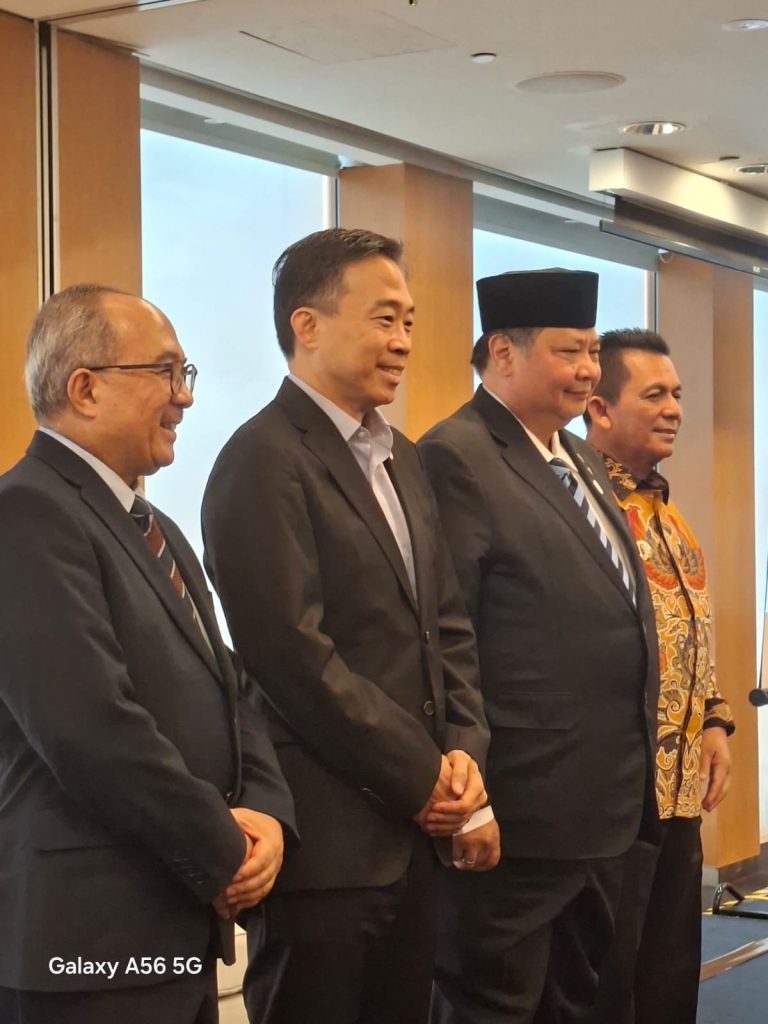
This year’s forum, themed “Investment Opportunities and Business Regulations in the Batam, Bintan, and Karimun Free Trade Zone,” attracted government officials, investors, and stakeholders across sectors.
BBK refers to three island groups in Indonesia’s Riau Islands Province. The Batam cluster comprises Batam Island along with its nearby smaller islands. The Bintan cluster includes Bintan Island and the surrounding islets. The Karimun cluster consists of Great Karimun and adjacent smaller islands.
In his address, Mr. Airlangga highlighted BBK’s rapid development across digital economy, healthcare, manufacturing, green industries, and the revival of the oil and gas sector.
By “resurgence”, Mr. Arlangga apparently referred to the Masela and Andaman marine gas projects, which, although not situated in BBK, now require regional involvement as they have entered the mining phase following recent discoveries.
Since assuming office late last year, Indonesian President Prabowo Subianto has actively pushed for accelerated development in BBK. He has backed up his words with enhanced coordination among investment authorities, regulatory reforms, and clear guidance on project implementations.
Mr. Airlangga underscored several ongoing initiatives in BBK, including India’s Apollo Hospital in Batam, the continued development of Nongsa Digital Park, and tourism efforts targeting 2 million visitors to the zone.
He also urged BBK shipyards to contribute to Indonesia’s programme to build 1,582 fishing vessels, expansion of data centers for quantum computing, and development of green manufacturing, including nearly 20 gigawatts of renewable energy and the Asean power grid.
The minister described the forum as a milestone in strengthening Indonesia-Singapore economic cooperation. “In 2024, Singapore’s FDI in Indonesia reached more than US$20 billion and bilateral trade hit US57.6 billion. Indeed, Singapore is a strategic partner of Indonesia, and this achievement is reflected in the robustness of our economy.”
Echoing the upbeat outlook, Png Cheong Boon, chairman of Singapore’s Economic Development Board, pointed to BBK’s visa-free access for Singapore suburban residents and 13 other nationalities, which was implemented October last year. “This, together with the introduction of eGates in Batam Centre and Harbour Bay Ferry Terminals, has helped to improve the flow of visitors into and out of BBK,” Mr Png added.
Singapore-backed green initiatives in BBK include two low-carbon industrial parks developed by Semcorp Industries and Tembil Group, which support advanced manufacturing and data centers powered by renewable energy, Mr Png pointed out.
Additionally, three MOUs were signed in June covering cross-border electricity trade, carbon capture and storage, and sustainable industrial zones. These aim to drive industrial decarbonization and attract green investments.
“EDB, together with our Indonesian partners, looks forward to seeing more companies leverage the Singapore-BBK region to grow their business in this very vibrant region,” Mr Png underlined to the audience.
Offering a cost-competitive base, excellent logistics, and unparalleled connectivity just 45 minutes from Singapore, the BBT islands are key to Indonesia’s achievement of its goal to rank among the world’s top ten biggest economies in the next ten years, said Suryo Pratomo, Indonesia’s ambassador extraordinary and plenipotentiary for Singapore in his speech.
To tap the potentials of BBK, Mr Suryo also cited Indonesia’s launching of visa-free entry for Singapore permanent residents visiting BBK. That makes movement of people, talent, experts, and decision-makers between the two countries “effortless”, he stressed.
Riau Islands Governor Ansar Ahmad outlined the distinct roles of the three trade zones: Karimun for large-scale operations including shipbuilding, marina services, and petrochemical and oil and gas support industries; Bintang for light manufacturing, high-tech assembly, green industries, and tourism; and Tanjung Pinang, the provincial capital located in Bintang, as a hub for trade, services, and education.
“These three zones provide a fully integrated supply chain solution within the Singapore-Indonesia Growth Triangle,” Mr. Ansar concluded.





